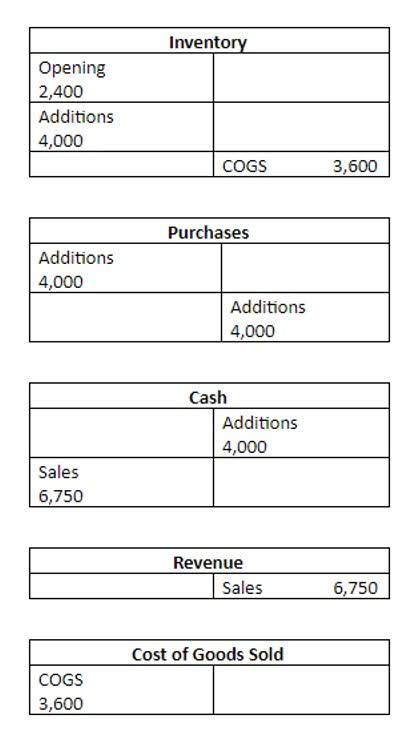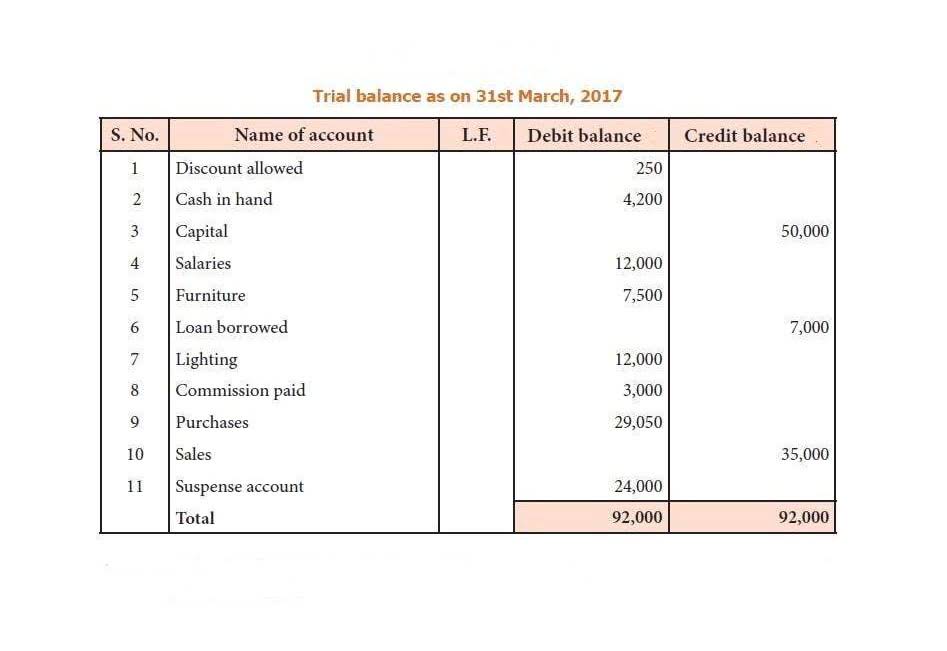What is deferral in accounting? Sage Advice US

Accrued expenses are expenses that have been consumed by a business but haven’t been paid for yet. Deferred incomes are incomes that the business has already received compensation for but have not yet delivered the related product to the customers. Deferred expenses are expenses for which the business has already paid for but have not consumed the related product yet. Accrued incomes are the incomes of the business that it has already earned but has not yet received compensation for.
Expense Accruals and Deferrals
- This simplicity can be advantageous for small businesses with straightforward financial transactions.
- While deferral accounting may be simpler to implement, it has limitations in terms of providing a true reflection of a company’s financial performance and position.
- In this article, we will explore the attributes of accrual and deferral, highlighting their key differences and applications.
- These adjustments ensure that revenue and expenses are recognized in the appropriate period, providing a more accurate representation of a company’s financial performance.
- The revenue recognition principle requires that revenue is recorded when the product is sold or the service is provided.
- In case of accruals, incomes are recognized as an asset because a compensation receivable for them in the future while expenses are recognized as a liability because a compensation is payable for them in the future.
This ensures that revenues and expenses are matched to the period when they occur, providing a more accurate picture of a company’s financial performance. In accounting this means to defer or to delay recognizing certain revenues or expenses on the income statement until a later, more appropriate time. Revenues are deferred to a balance sheet liability account until they are earned in a later period.
What Is the Purpose of Accruals?

This would involve debiting the “accounts receivable” account and crediting the “revenue” account on the income statement. Accrual accounting is a method that recognizes revenue and expenses when they are earned or incurred, regardless of when the cash is received or paid. It focuses on the economic https://www.bookstime.com/ substance of transactions rather than the actual movement of cash. By using accrual accounting, businesses can provide a more accurate representation of their financial performance and position. The timing of revenue and expense recognition inherently creates differences in financial reporting.

Revenue Accrual Journal Entry
In accrual accounting, sales and expense transactions are recorded when they are incurred, instead of when they are paid or received. Deferrals, on the other hand, are often related to an expense that is paid in one period but is not recorded until a different period. Understanding the Difference between accrual and deferral is essential for businesses to present financial statements that truly reflect their economic activities. This introduction sets the stage for exploring the key differences, implications, and applications of accrual accounting and deferral in the realm of financial management. The purpose of accruals is to ensure that a company’s financial statements accurately reflect its true financial position.

Key Differences Between Accruals and Deferrals
- When customers prepay for products or services they won’t receive until later, the payment is recorded as deferred revenue on the balance sheet rather than sales or revenue on the income statement.
- Accounts receivable is money owed to the company for goods or services already provided where deferred revenue is payment received for goods or services still owing.
- Accrual accounting is a method that recognizes revenue and expenses when they are earned or incurred, regardless of when the cash is received or paid.
- The liability account will be decreased through a debit and the cash account will be reduced through a credit when the payment is made in the new year.
- Supplies that are on hand (unused) at the balance sheet date are reported in the current asset account Supplies or Supplies on Hand.
This is accomplished by adjusting journal entries at the end of the accounting period. These refer to the recognition of revenues that have been earned but not yet recorded in the company’s financial statements. A company with a bond will accrue interest expense on its monthly financial statements even though interest on bonds is typically paid semi-annually. The interest expense recorded in an adjusting journal entry will be the amount that’s accrued as of the financial statement date. The revenue from a service would be recorded as an accrual in a company’s financial statements if the company has performed a service for a customer but hasn’t yet received payment. This ensures that the company’s financial statements accurately reflect its true financial position even if it hasn’t yet received payment for all the services it’s provided.
This has the effect of increasing the company’s revenue and accounts receivable on its financial statements. An example of an accrued expense for accounts payable could be the cost of electricity that the utility company has used to power its operations but hasn’t yet paid for. The utility company would make a journal entry to record the cost of the electricity as an accrued expense in this case. This would involve debiting the “expense” account and crediting the “accounts payable” account. The company would make a journal entry to record the expenses as an accrual if it has incurred expenses but has not yet paid them.
- Revenues are deferred to a balance sheet liability account until they are earned in a later period.
- When you note accrued revenue, you’re recognizing the amount of income that’s due to be paid but has not yet been paid to you.
- This entry reflects the increase in the prepaid insurance asset and the corresponding decrease in cash.
- The company must complete an adjusting journal entry to report the revenue that was earned in December to have the proper revenue figure for the year on the utility’s financial statements.
- This can lead to more strategic decision-making, as companies can plan for future periods based on anticipated economic events rather than cash flows alone.
If businesses only recorded transactions when revenue is received or payments are made, they would not have an accurate picture of what they owe and what customers owe them. The other difference between the two is whether the income or expense is recognized as an asset or a liability. In case of accruals, incomes are recognized as an asset because a compensation receivable for them in the future while expenses are recognized as a liability because a compensation is payable for them in the future. Accruals are incomes of a business that have been earned but have not yet been received, in form of compensation, by the business or expenses of the business that has been borne but not yet paid for. It is the basis for separate recognition of accrued expenses and accrued incomes in the financial statements of a business.

This simplicity can be advantageous for small businesses with straightforward financial transactions. The accrual accounting method provides a more accurate representation of the company’s financial performance during the period when the services were actually rendered, even if the cash transaction occurs later. Accruals help align revenue and expenses with the periods in which they are incurred or earned, providing a better reflection of the accrual vs deferral company’s financial position. The deferrals are incomes that a business already receives cash for but has not yet earned or expenses that the company has already paid for but hasn’t yet consumed. However, the deferral incomes are still recorded as a liability and the deferral expenses are recorded as assets of the business. Conversely, expense deferral involves recording expenses that have been paid in advance but are not yet incurred.
